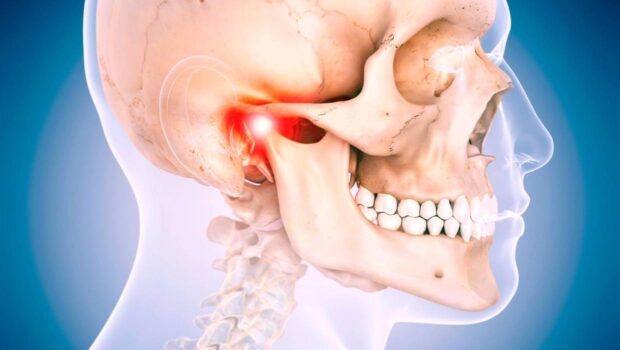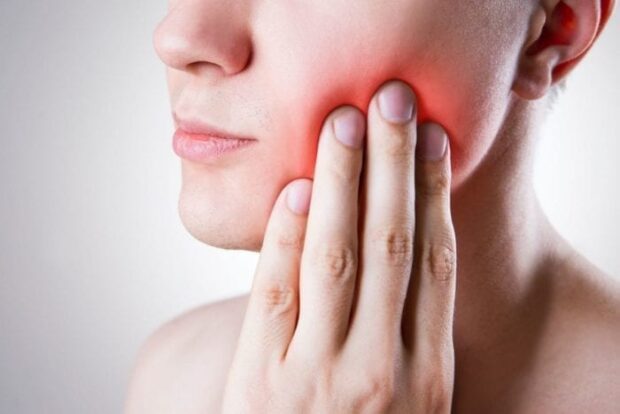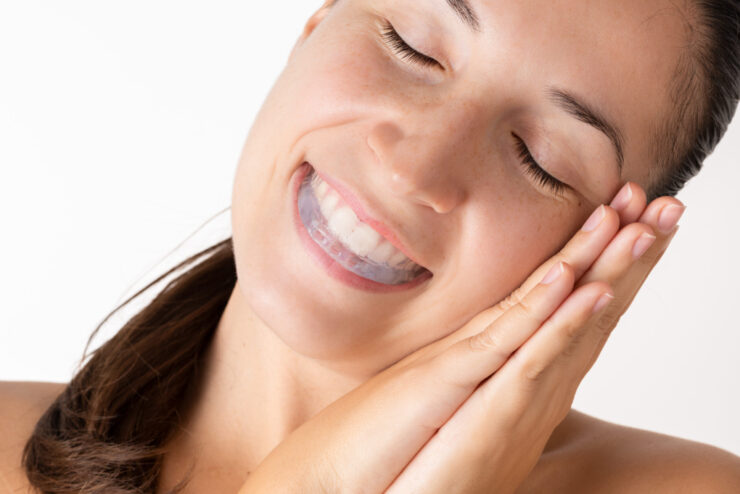Did you know that about 8 in every 10 Americans grind their teeth in their sleep? And while teeth grinding is normal from time to time, especially during stressful periods, chronic grinding can damage your teeth. It can also cause jaw pain, migraines, and other unpleasant symptoms.
According to bruxism & mouthguards Houston dental experts, the best way to treat persistent teeth grinding is through mouthguards. These devices create a protective layer over your teeth to reduce the pressure your jaws exert on them during grinding. But how do you know you need a mouthguard? How can you tell you grind your teeth in your sleep? Here is a look at five tell-tale signs that could alert you to this problem.
Chipped Teeth

Grinding your teeth can exacerbate the effects of normal wear and tear and cause your enamel to weaken. The weakening of your tooth structure can leave it susceptible to chipping or breaking. With time, you may notice cracks forming on your teeth. You may also lose tiny pieces of your tooth regularly until not much of it is left. Other times, however, tooth chipping is not very obvious. You may only experience “silent” symptoms such as sensitivity, shortening front teeth, and flat top molars. These are all signs that you are exposing your teeth to undue pressure when you sleep.
Morning Headaches
The pressure exerted by grinding your jaws together can do more than harm your teeth. It can also cause intense headaches. Usually, you will experience these intense episodes in the morning due to your jaws overworking throughout the night. The pain might be localized at the back and sides of your head. Over time, it may increase in severity, and the headaches might become migraines. You may also experience additional symptoms, such as pain radiating to the shoulder and earaches.
TMJ Syndrome

Temporomandibular joint syndrome, or TMJ, is a medical condition characterized by intense or ongoing pain in the jaws. The pain, which usually results from inflammation in the jaw joints, can decrease your range of motion, making chewing and speaking difficult. Grinding your teeth at night can contribute to joint inflammation in your jaws and, subsequently, TMJ syndrome. Other symptoms, such as ear pain and migraines, may accompany this condition.
Fitful Sleep
In some instances, teeth grinding can be forceful enough to wake you from sleep. This waking can be caused by the grinding itself or by resultant symptoms such as jaw pain and soreness. It could also be the result of sleep apnea, which is characterized by interrupted breathing during sleep. Dentists often recommend wearing a mouth guard to alleviate sleep apnea symptoms.
Jaw Pain and Soreness

Another way to tell if you grind your teeth when you sleep is by checking how your jaw feels in the morning. Teeth grinders often wake up with intense jaw pain or soreness, which can persist throughout the day. You may also experience pain and a clicking sound when you chew food or speak.
Watch for the Signs of Bruxism and Get a Mouthguard
Occasional teeth grinding is normal and relatively harmless. However, when it becomes a habit, grinding your teeth in your sleep can cause you debilitating pain and multiple oral health problems. Rather than deal with the repercussions of this action, such as intense headaches, you can solve the problem by getting fitted for a mouthguard. This device will relieve the pressure exerted on your teeth and jaws by teeth grinding and alleviate associated symptoms, improving your quality of life. To learn more, contact a dental clinic and schedule an appointment with a dentist.




























